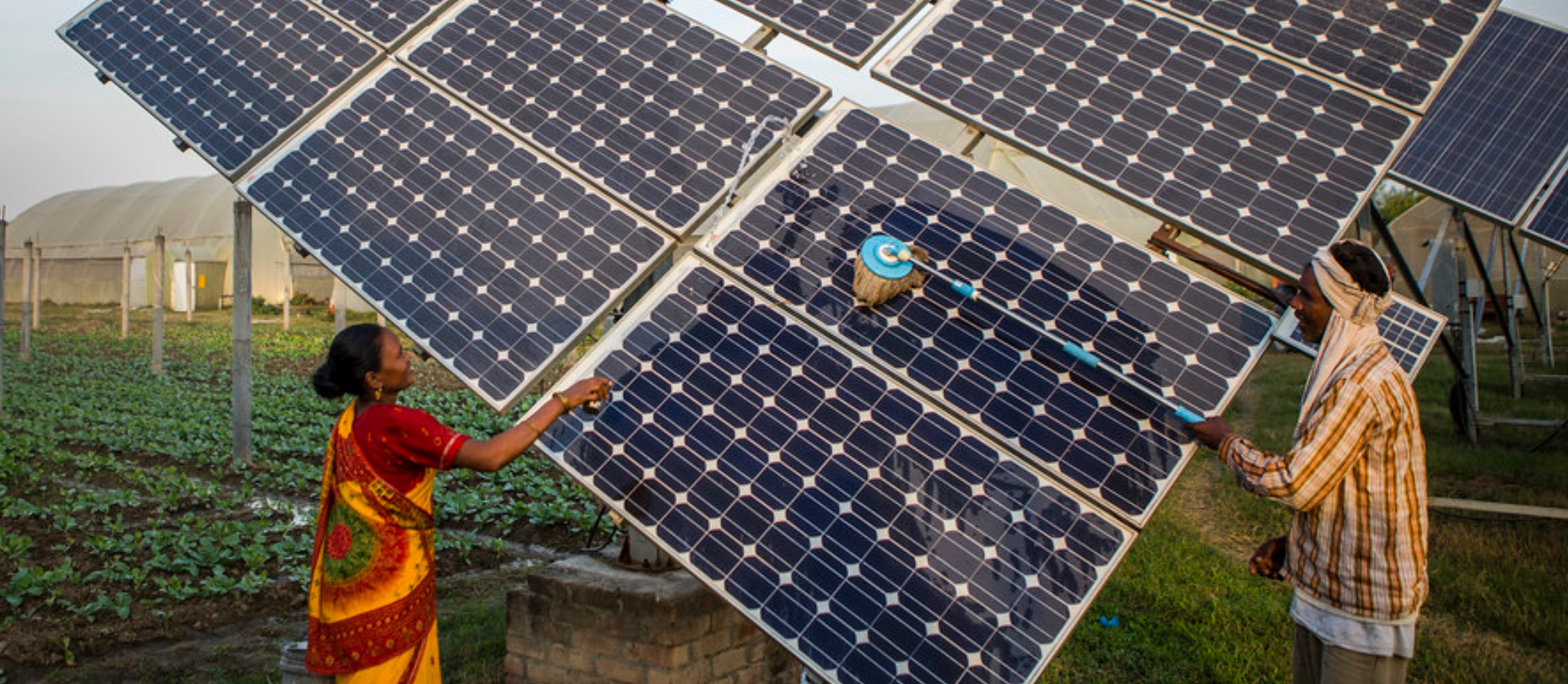Publications
Argentina: Foreign Investment and Sustainable Development in Argentina
Publication Year: 2008 Publisher: Tuft
Biodiversity and ecosystems
Related Goals

Climate Action and Synergies
Related Goals

Indicators
Related Goals

Poverty eradication
Related Goals

Sustainable cities and human settlements
Related Goals

Water and Sanitation
Related Goals
Background
Foreign Direct Investment (FDI) has played a major role in Argentina’s During the 1990s, a period of deep structural reforms largely based on the neoliberal “Washington Consensus,” Argentina was one of the main destinations for FDI among “emerging markets.” Transnational Corporations (TNCs) were already a major presence in the Argentine economy. With the surge in FDI during this period, the role of TNCs reached unprecedented levels. In 2003 more than 80 per cent of the value added generated by the 500 leading Argentine firms belonged to TNC affiliates.
In the view of the reformers, FDI was to play a significant role in the needed restructuring of Argentina’s economy. At the macroeconomic level, FDI was to help finance current-account deficits. Since TNCs often follow long-term investment strategies and, once installed in a host country, have large sunk costs, the reformers believed FDI would be less volatile than portfolio investment and other types of international financial flows. Last but not least, FDI was supposed to contribute to investment, and therefore to economic growth and increased employment, not only directly but also indirectly, that is, by fostering investments by local firms competing with, serving as suppliers to, or making purchases from TNCs (so-called “crowding in” effects).
In the view of the reformers, FDI was to play a significant role in the needed restructuring of Argentina’s economy. At the macroeconomic level, FDI was to help finance current-account deficits. Since TNCs often follow long-term investment strategies and, once installed in a host country, have large sunk costs, the reformers believed FDI would be less volatile than portfolio investment and other types of international financial flows. Last but not least, FDI was supposed to contribute to investment, and therefore to economic growth and increased employment, not only directly but also indirectly, that is, by fostering investments by local firms competing with, serving as suppliers to, or making purchases from TNCs (so-called “crowding in” effects).






